There are diverse ways language learners can learn a language and improve their language skills. Museum of Knowledge provides language learners with some of the most effective techniques that enable students to grasp complex terms and vocabulary.
Fluency is key for every language learner so the Museum of Knowledge places a lot of emphasis on accuracy, accentuation, grammar and attention to detail, as these are the key things that enable students to communicate in various Modern languages with great proficiency.
Immersion techniques are utilized in Museum of Knowledge language courses. These include absorption of written texts, vocabulary and sentence construction. Listening modules are also key parameters that the museum recommends as these expose students to various accents and different speeds according to the regions where the language is spoken.
Often recommendations for students learning a language may include that language learners travel abroad to learn however the Museum of Knowledge recommends that students also have a basic knowledge at the very least of the language they wish to learn for travelling abroad. This may mean learning some basic phrases and vocabulary such as greetings or asking for directions. These simple suggestions will enable the student to put into practice what they have learnt when they do go abroad. It will then also serve the language learner well to see how much they can understand when those words are not only spoken but also are responded to.
Other popular suggestions that help students learn a language include staying with a family on an exchange visit that can also be helpful but once again, any type of immersion technique does require structure in order to achieve the most effective results. Structured dialogue is key and sometimes with language exchanges this is not always obtained, as families will not have a detailed lesson plan for the language learner.
The Museum of Knowledge therefore bases the foundation of its modules on structured dialogues so that students can step by step come to gasp with various topics, vocabulary and grammar.





